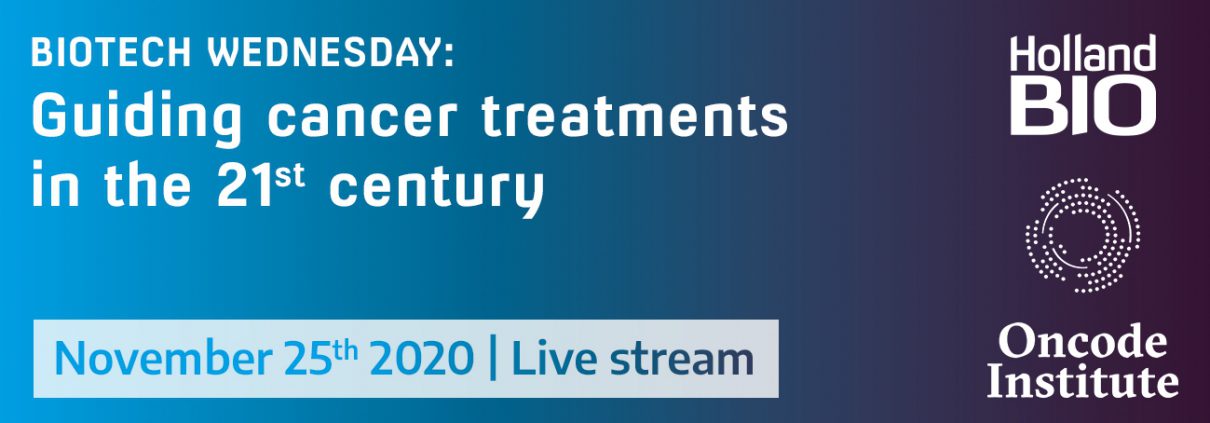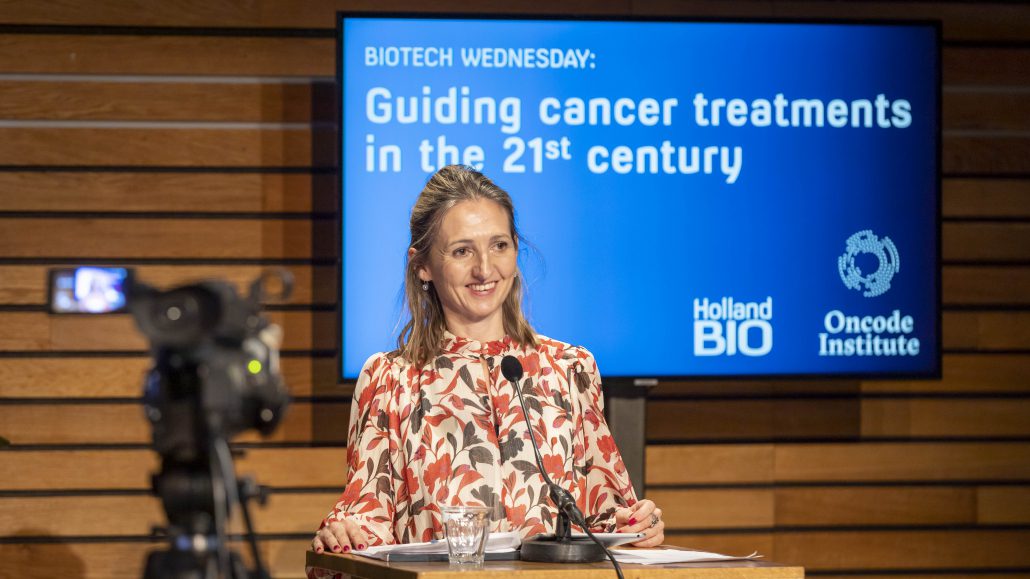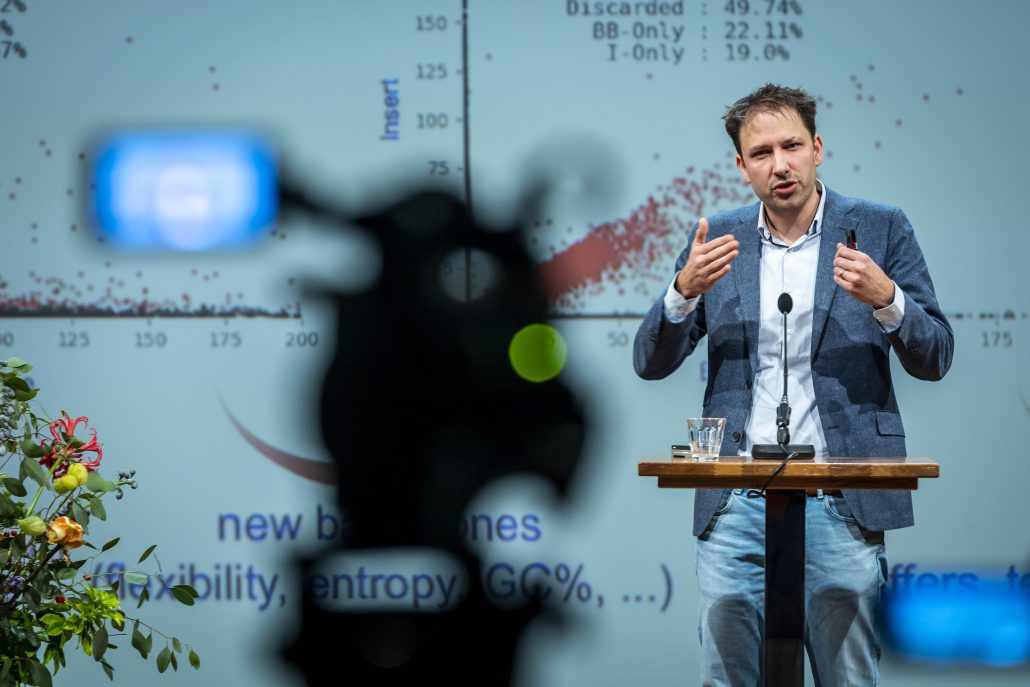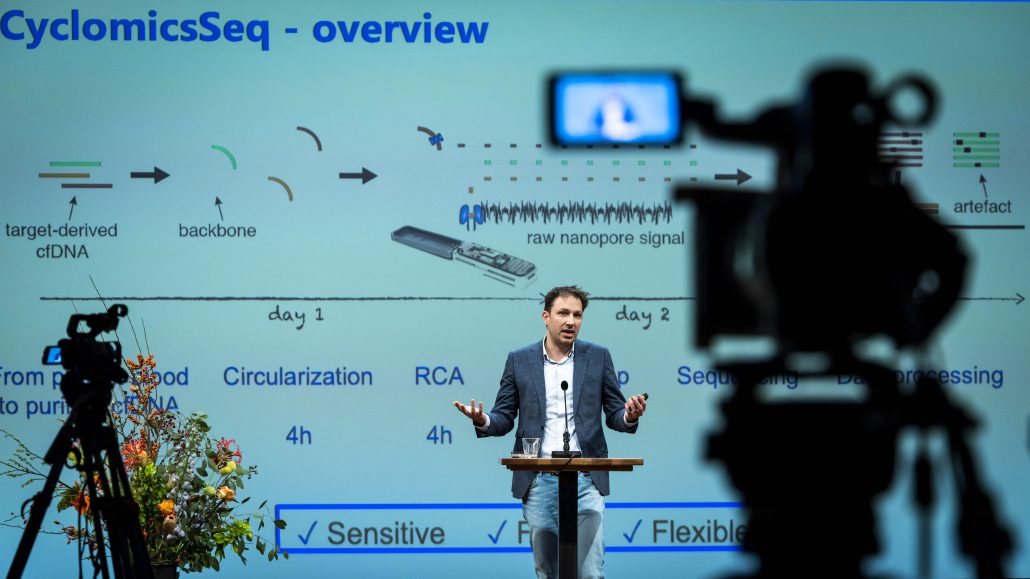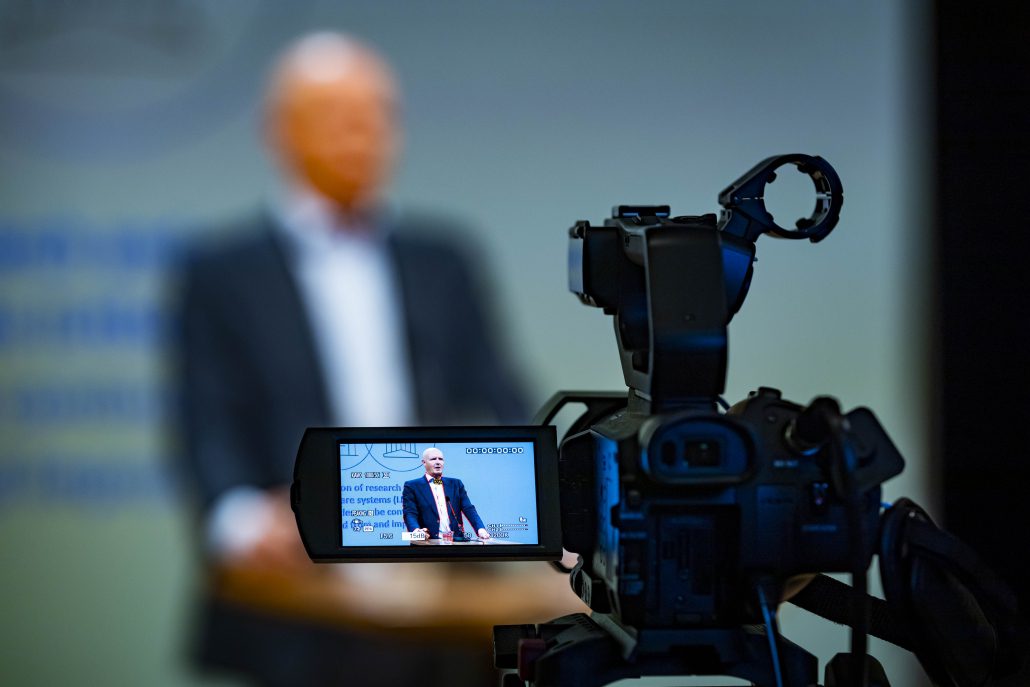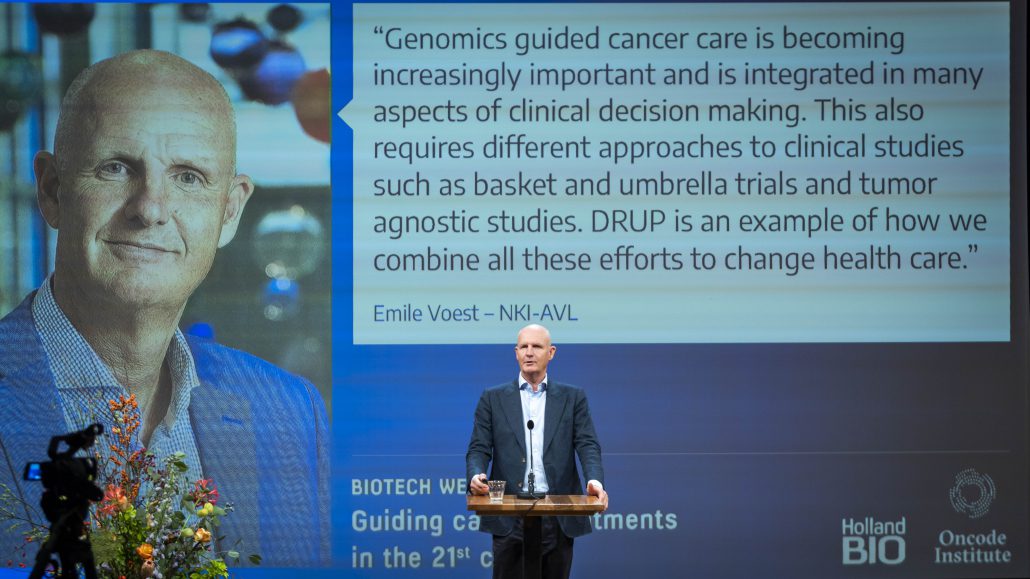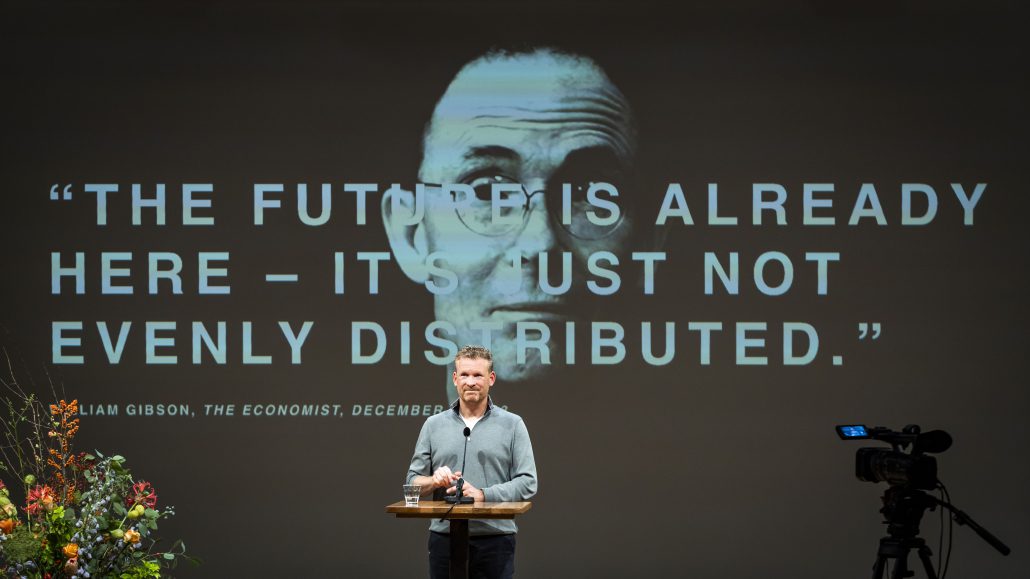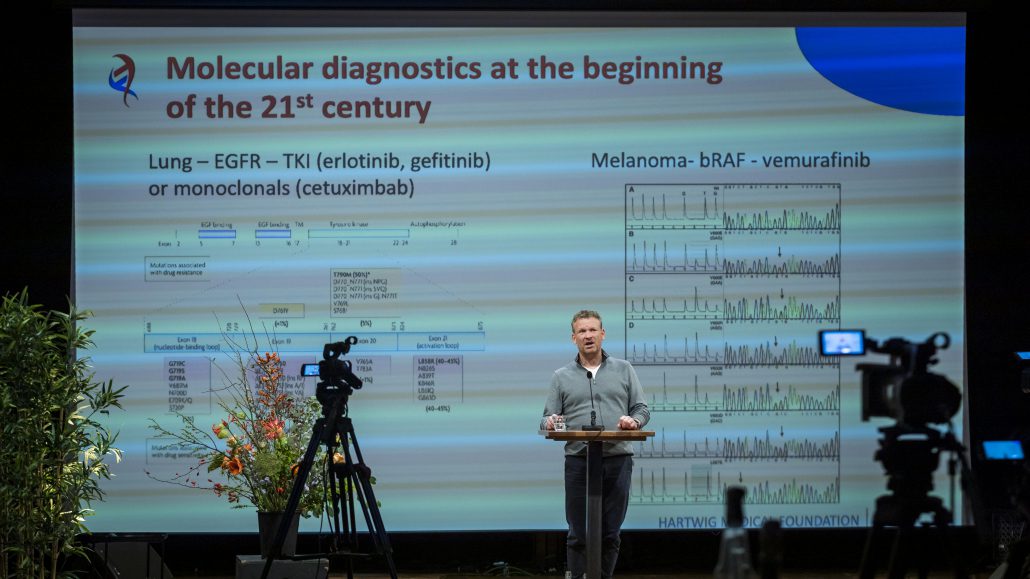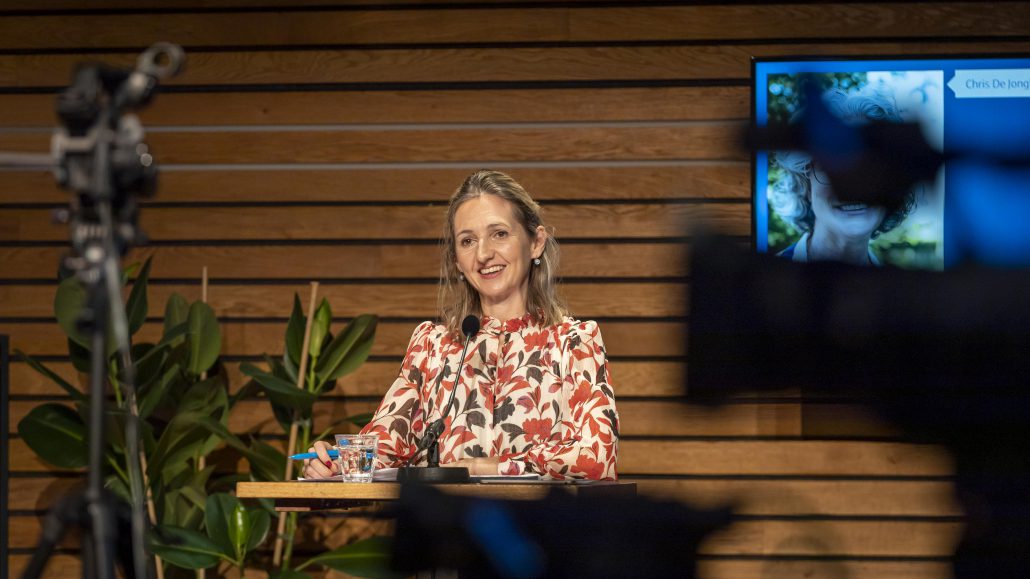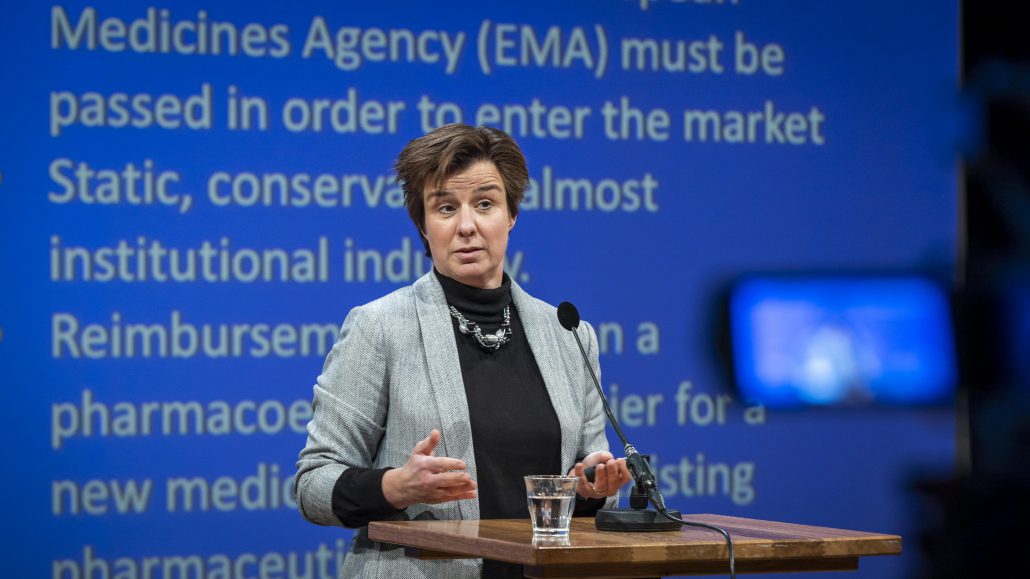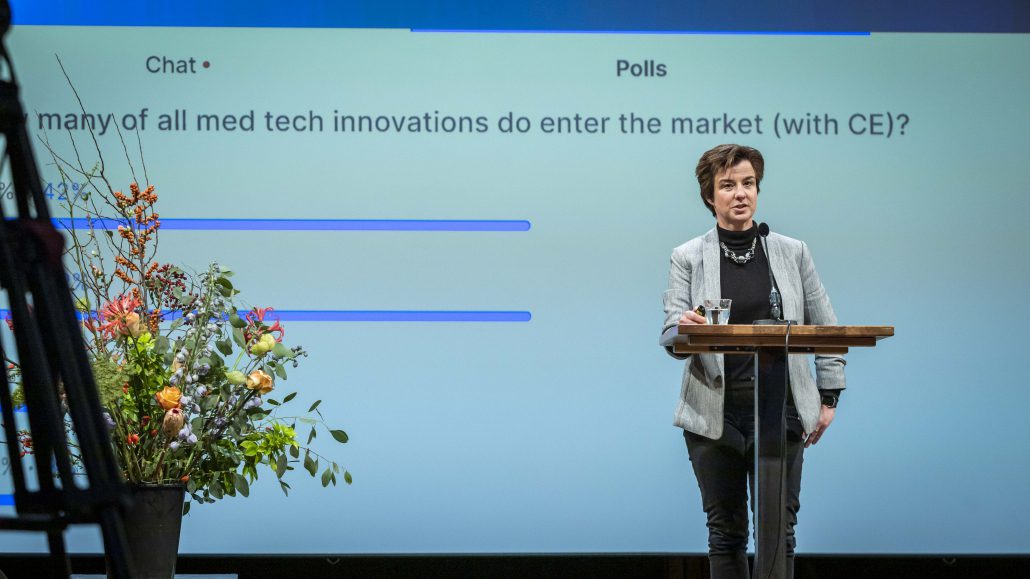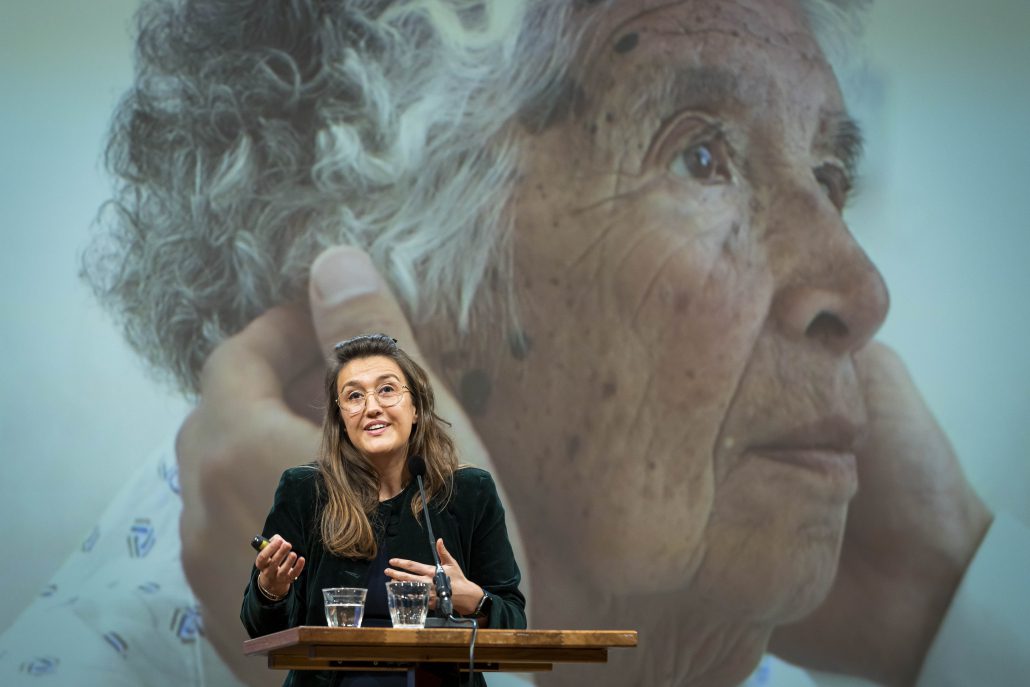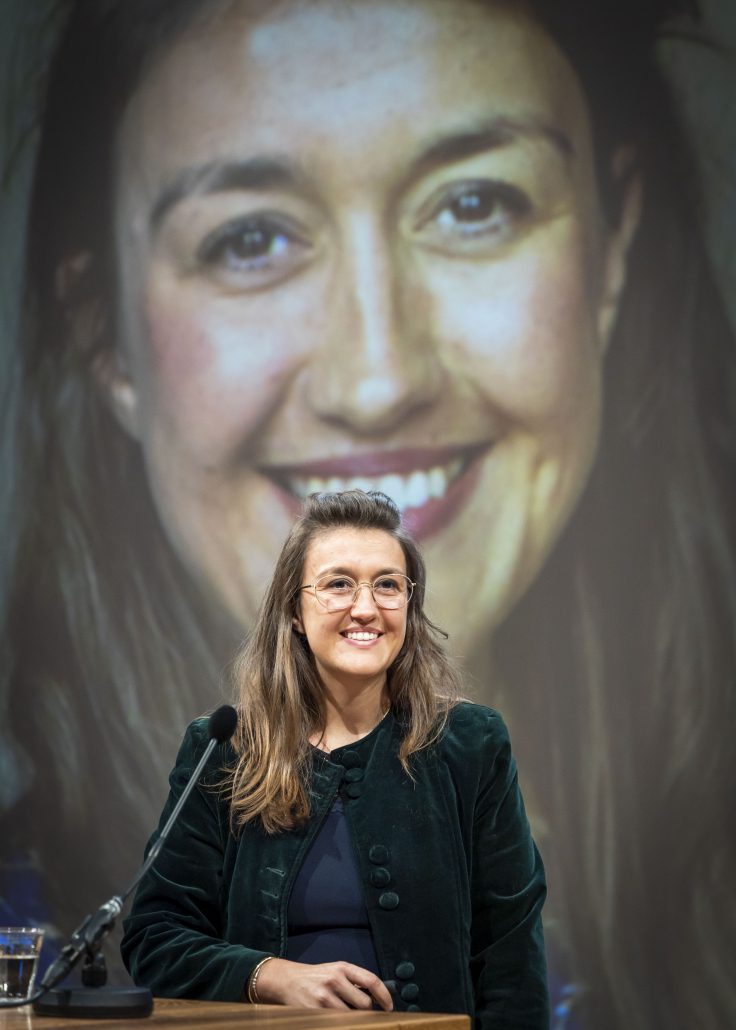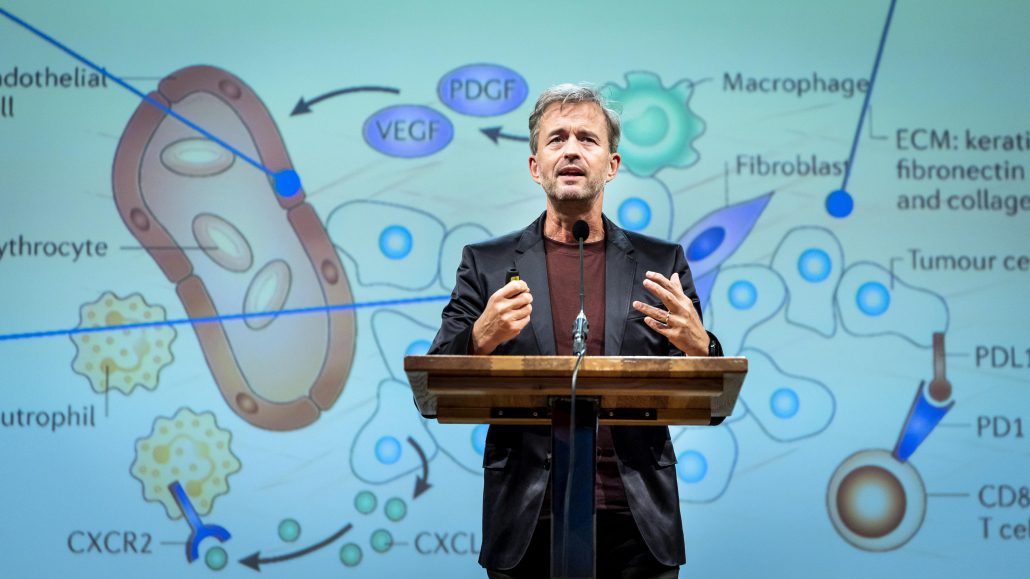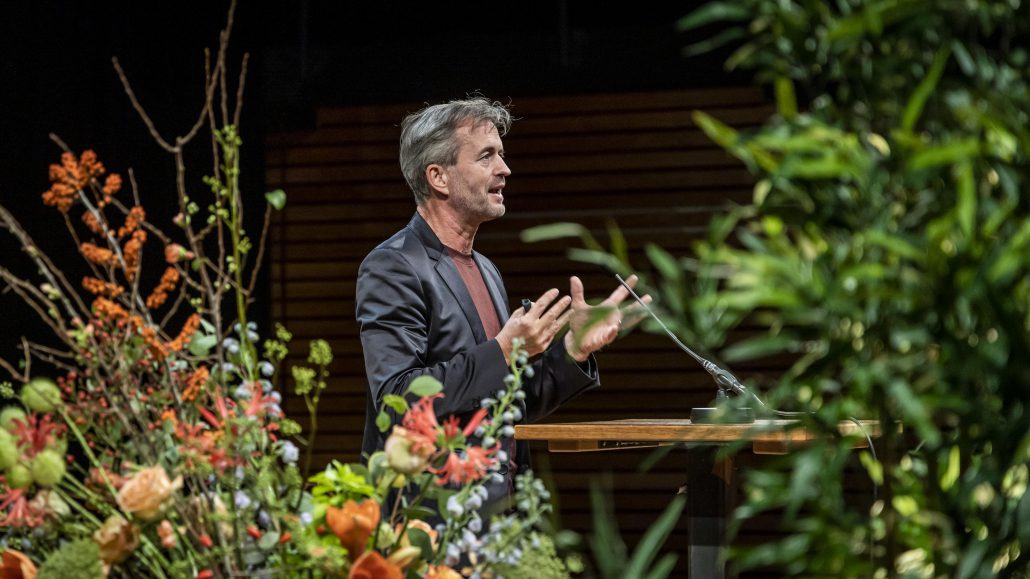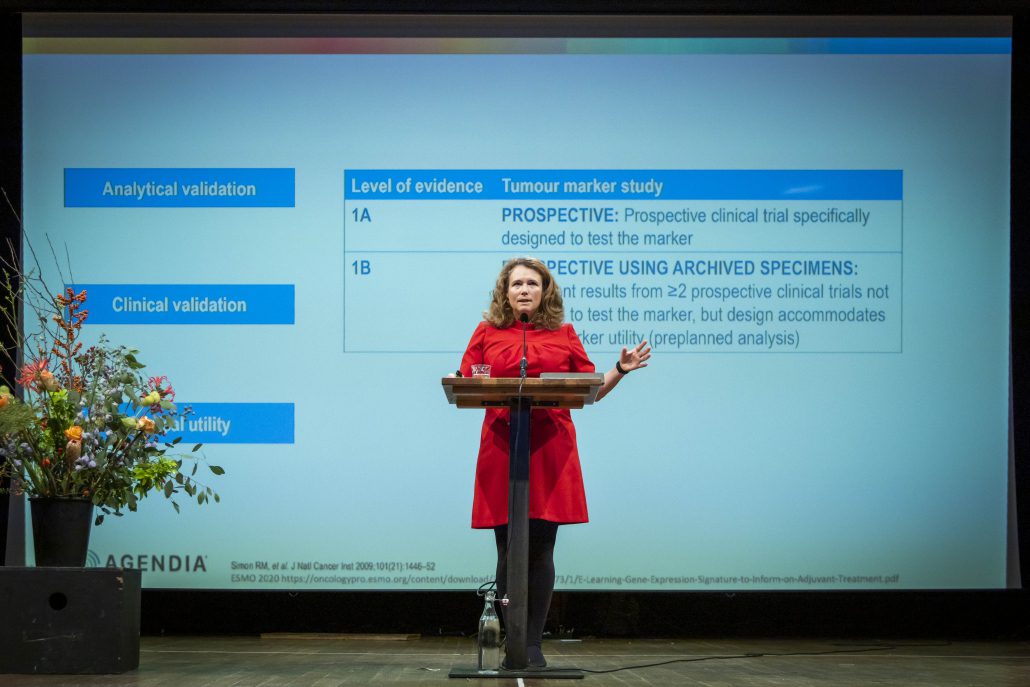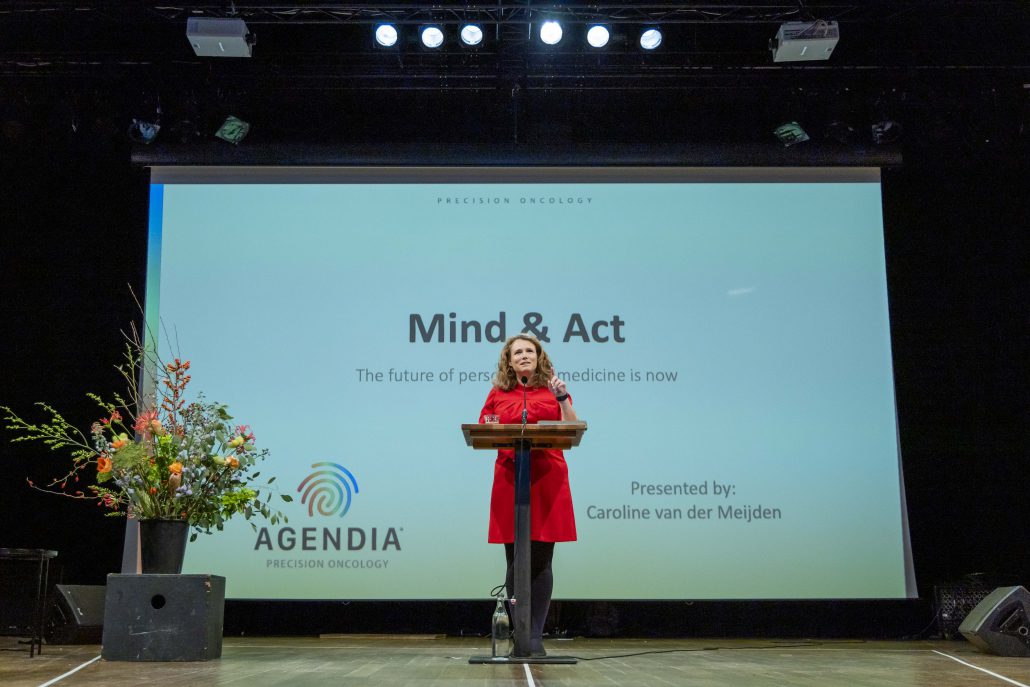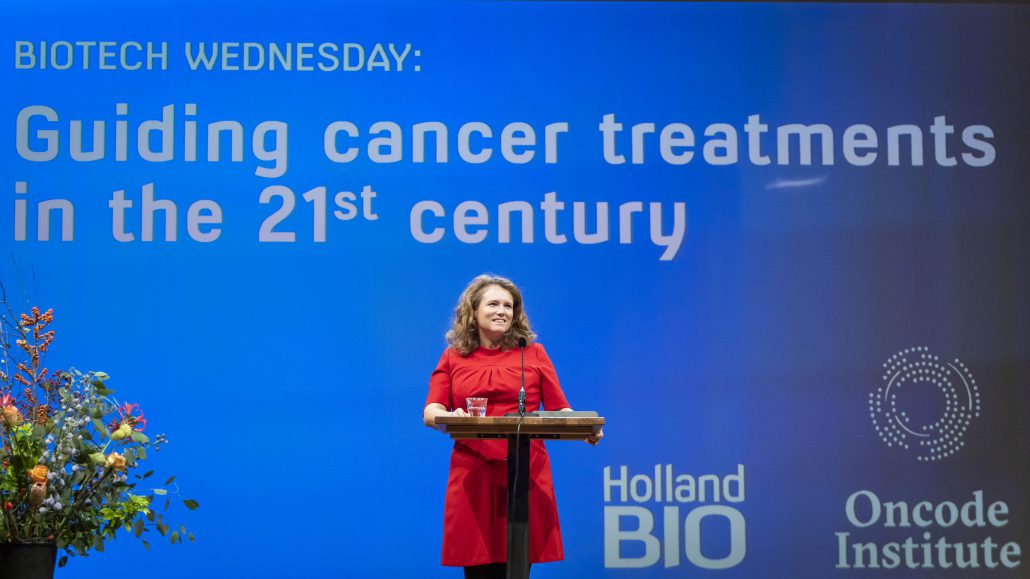Biotech Wednesday: Joining forces to outsmart cancer – Guiding cancer treatments in the 21st century
When life gives you lemons you make lemonade, and perhaps there is opportunity in that. The second edition of Biotech Wednesday switched from Pakhuis de Zwijger into a digital experience. What seemed at first a limitation turned out to be an opportunity. With a line-up of top speakers from both research and industry and participants joining the event from fourteen countries spread on three continents, this year’s digital edition of Biotech Wednesday was a success.
The state of the art and the future
The goal of Biotech Wednesday was to bring together researchers, clinicians and industry that are developing and utilizing next generation diagnostics for precision medicine – from early stages to the market. In the current context of cancer treatments moving away from the ‘one biomarker-one drug’ scenario towards a more integrated approach with multiple biomarkers and drugs, the underlying thread of this second edition was to take a close look at this ‘new paradigm’ that will most likely pave the way for the introduction of multiplexing strategies in the clinic using companion diagnostics and patient stratification methodologies.
Industry and academy together
The lectures spread over a whole afternoon, were divided into two sections. The first one focused on research – looking into the fast changing landscape of Molecular Diagnostics and how whole genome sequencing is suitable for this (Edwin Cuppen, Hartig Medical Foundation), the importance of molecular surveillance of cancer for finding novel target therapies and how Learning Health Care systems can drive medical and scientific progress (Emile Voest, NKI-AVL) followed by a look into the need for highly sensitive detection methods (Jeroen de Ridder, Cyclomics).
The second section gave the stage to the industry, looking into how the Mammaprint test identifies patients with low risk versus high risk of distant metastases, detecting active metastatic process before clinically detectable metastasis (Caroline van der Meijden, Agendia) and the Hi-NL initiative built to support innovators in developing medical technology – affordably and with a proven patient benefit (Maroeska Rovers, Hi-NL). It also offered a deep dive into Organoplates, which can mimic the complex nature of cancer (Jos Joore, Mimetas). And last, looking into how foundation medicine and Roche oncology meet for a comprehensive approach in transforming medical knowledge to improve treatments (Sophie Dusoswa, Roche Foundation Medicine).
The chance to connect
Through more than 130 one-on-one conversations and 55 separate meeting sessions spread over the course of the afternoon, the event was successful at bringing researchers, clinicians and industry together to connect and discuss state of the art issues in the field.
Impressions of the event
Photography: © Nils van Houts
